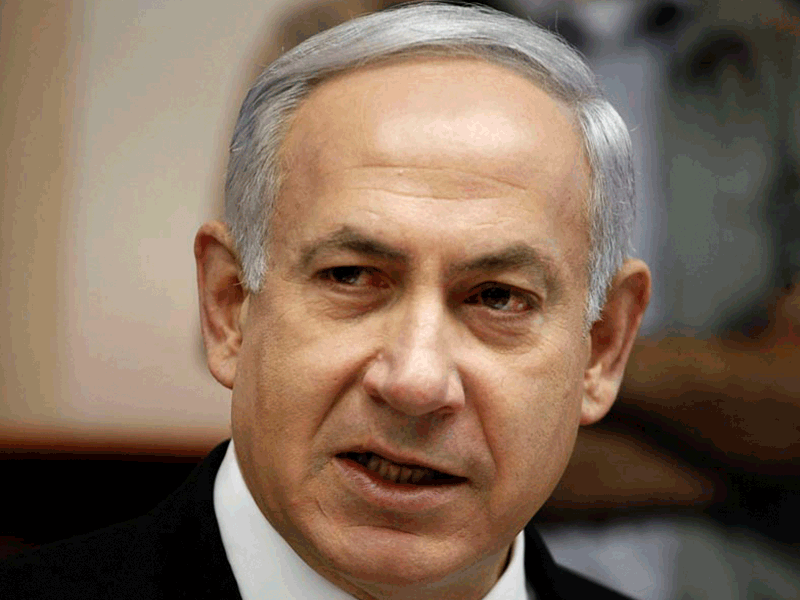As a congregational rabbi, I can safely say that none of the sermons I have delivered over the last 30 years have made international headlines. I’m quite sure that’s true of the vast majority of my colleagues as well. But last Shabbat in Jerusalem I heard a devar Torah that became international news.
I had decided to attend services at the Ramban Synagogue, a modern Orthodox community led by Rabbi Benny Lau. Rabbi Lau comes from an illustrious family – he is the first cousin of current Ashkenazic Chief Rabbi David Lau, the nephew of former chief rabbi Yisrael Meir Lau, the son of the late diplomat Naphtali Lau-Lavie, who was an aide to Shimon Peres, Yitzhak Shamir and Moshe Dayan, and the brother of Rabbi Amichai Lau-Lavie, an innovative rabbi in New York.
After the Torah was returned to the Ark, Rabbi Lau stepped up to the podium. He began by noting that he is normally strict about not introducing politics into his pulpit. But, he said, the recent news demanded that he make an exception this time. He was referring to the decision by the Bayit Yehudi (“Jewish Home”) party to run together with the Otzma Yehudit (“Jewish Power”) party, the modern incarnation of Rabbi Meir Kahane’s notorious Kach party, in the upcoming Israeli elections. The merger, as has been widely reported, was spearheaded by Israeli Prime Minister Benjamin Netanyahu in a bid to bolster his coalition partners.
READ: CANADIANS BLAST ISRAELI FAR-RIGHT POLITICAL ALLIANCE
Rabbi Lau explained that he felt it was important for him to speak out because the legitimization of racism is happening within the religious Zionist camp, which he considers his ideological home. He argued that the Nuremberg Laws line up exactly with the kind of measures that Otzma Yehudit is advocating for Israel, and indicated that he would spend the final weeks before the election strenuously fighting the inclusion of Otzma Yehudit in the next Knesset. If the synagogue objected to his very public political activity, Rabbi Lau continued, he was willing to step down from his position immediately.
Not surprisingly, Rabbi Lau’s sermon created quite a stir in the congregation. Several people sitting near me were clearly upset. During the announcements at the end of services, the synagogue’s president thanked the rabbi for his words – leading to another round of disapproval from the men beside me. (It was noted by one gentleman that Rabbi Lau is stepping down from the pulpit this coming summer – and that he wouldn’t have had the nerve to say what he did if he was planning on staying with the shul.) By contrast, I was very moved to be present for that moment. As a supporter of a democratic, tolerant, and progressive Jewish state, to witness this “declaration of war” against racism, this reaffirmation of a line that should not be crossed, felt historic and filled me with hope.
Rabbi Lau’s public stance also led me to reconsider my own approach to the role of congregational rabbi. I generally refrain from speaking about politics from the pulpit, on the basis that my congregation is diverse and I want as many people as possible to feel included and affirmed –and also because I feel that my job is to teach fundamental Torah values as I see them and allow members of my congregation to themselves figure out how to apply those values to the political issues of the day. I know that many of my colleagues take a different approach, regularly speaking out in shul about their views on the political issues of the day, but that has never been my way.
But Rabbi Lau’s decision to do what he did makes me question what I would do in such a circumstance. What issues and under what circumstances – and at what cost to myself and to my community – might compel me to take a divisive public stand as a rabbi?
I applaud Rabbi Lau for speaking the way he did. I hope that his words and actions will provoke an important conversation within religious Zionism and ultimately a reaffirmed rejection of Kahanism. And at the same time, I hope never to face a similarly excruciating choice between conscience and career.
